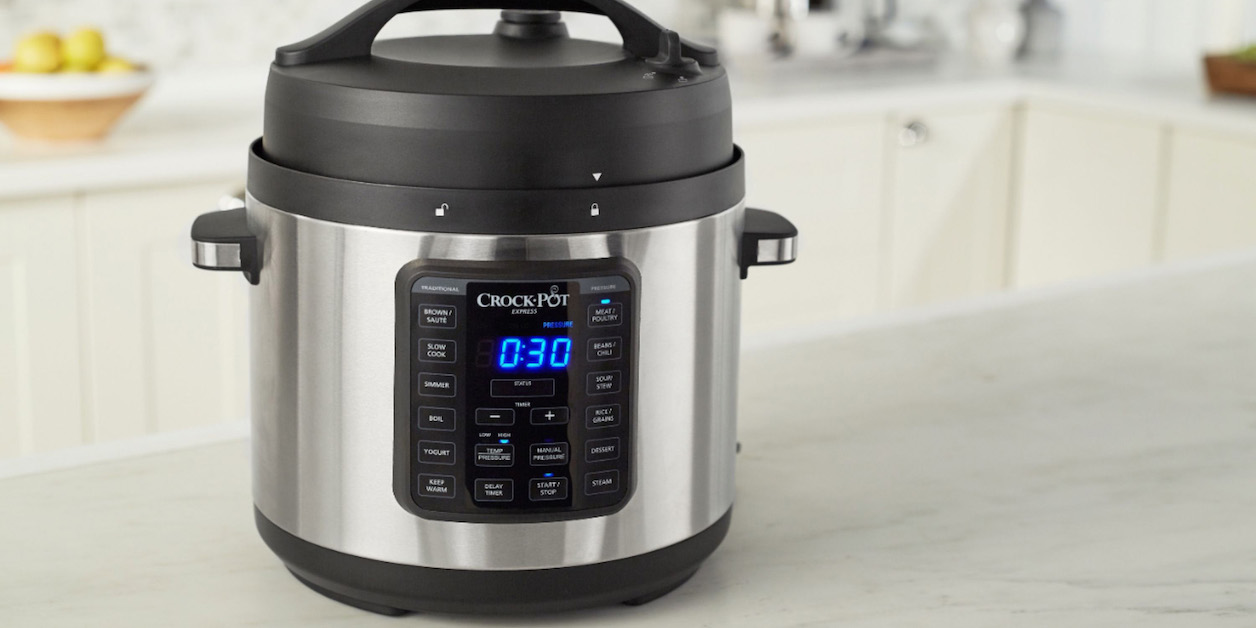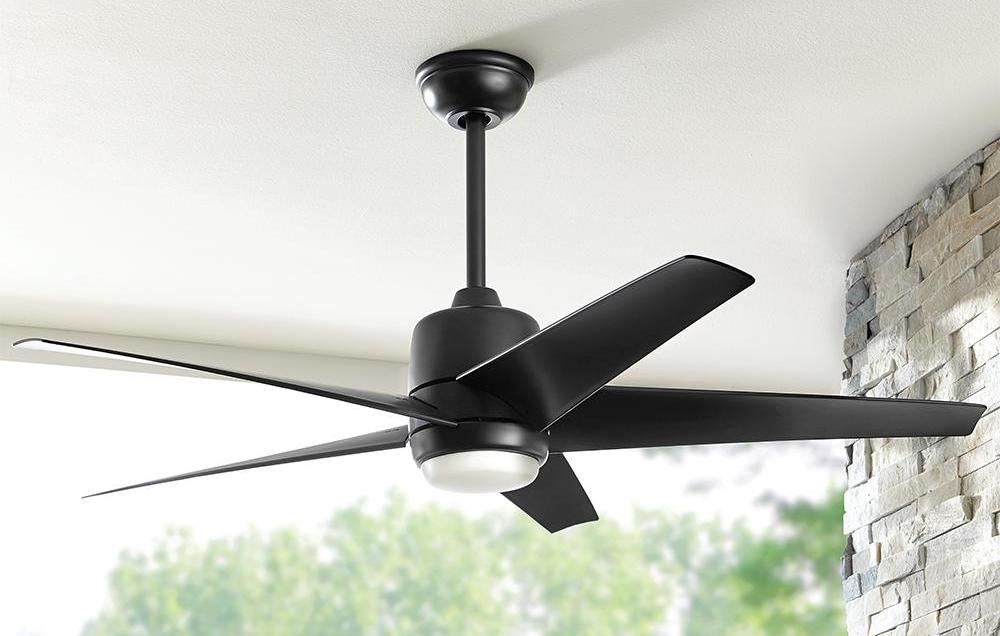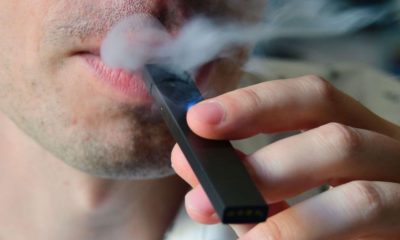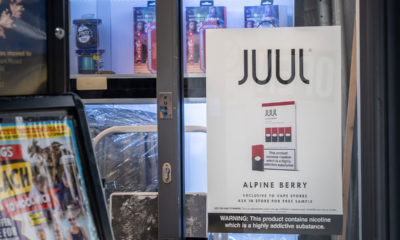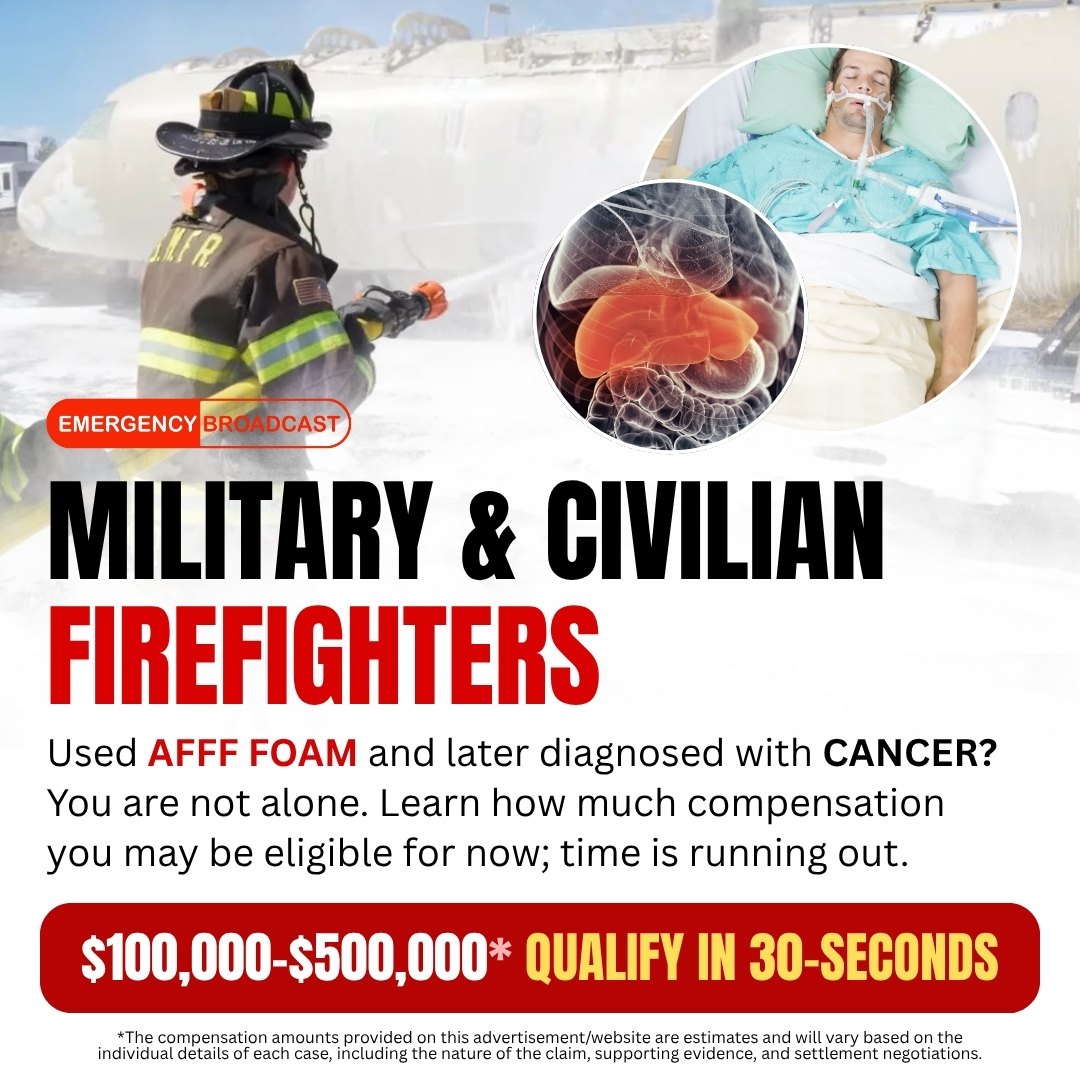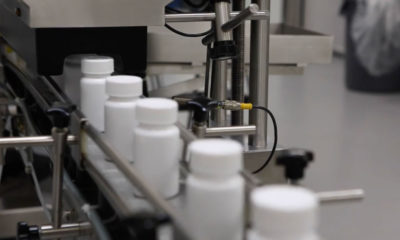U-Haul announced that it will no longer hire employees who smoke traditional cigarettes or vape e-cigarettes. The policy will become effective on February 1 for the 21 states where the company does business. However, it won’t affect the current employees.
A total of 21 states now allow employers the option to not hire someone who smokes or uses nicotine. Even though 17 of the states take it a step further and allow drug testing for nicotine before hiring, U-Haul has said it won’t be doing that now.
The reason for the change in policy is to enhance the company’s wellness program. The focus is also on lowering the costs of healthcare, which can be increased from the use of nicotine and tobacco. The following states are part of the new policy:
- Alabama
- Texas
- Alaska
- Virginia
- Arizona
- Vermont
- Washington
- Arkansas
- Delaware
- Nebraska
- Pennsylvania
- Utah
- Maryland
- Massachusetts
- Iowa
- Michigan
- Kansas
- Hawaii
- Idaho
- Florida
- Georgia
Even though this seems like an extreme policy and it is certainly rare, it’s by no means the first. Alaska Airlines has had a similar policy as part of the hiring process ever since the 1980s.
Other organizations may not fail to hire people because they smoke, but they often reward those who give it up or don’t smoke with lower health insurance costs or other incentives.
Encouraging Employees to Do Better
Many employers use incentives to encourage employees to be healthier. This idea benefits both parties. First, it helps employees get healthier, which enables them to enjoy life more and do more things they like. It also provides them with special benefits that mean something to them.
For the employer, the benefit is reduced employee sick time. Employees are able to be at work every day and are often more productive because they feel better. They also believe the employer cares about them.
The rewards can vary based on what the employer can afford and is willing to do as well as what the employees find to be motivational. Gift cards are often popular along with drawings for other prizes.
Other rewards include:
- Paid time off
- Lower insurance premium
- Reduced deductible
- Lower co-pays
- Employer contributes to HAS
Some incentives allow the employee a chance to participate, such as with a drawing. Only one person wins, but it’s enough to get more people participating. Other incentives reward everyone who is successful, such as when a person earns an extra day off from work.
With research showing that vaping isn’t much safer than smoking traditional cigarettes, more employers may offer rewards for people who stop this habit. For other employers, they may decide to follow U-Haul’s action by restricting employment to those who avoid these dangerous habits.
What is interesting to note is that employers and the public at large is putting vaping and smoking tobacco products into the same category. This is in direct contrast to what vaping manufacturers want consumers to believe about their products. It also increases the challenge they have to convince people that vaping is a better alternative to smoking, which goes directly against what many organizations, such as the American Lung Association are saying to the public.


